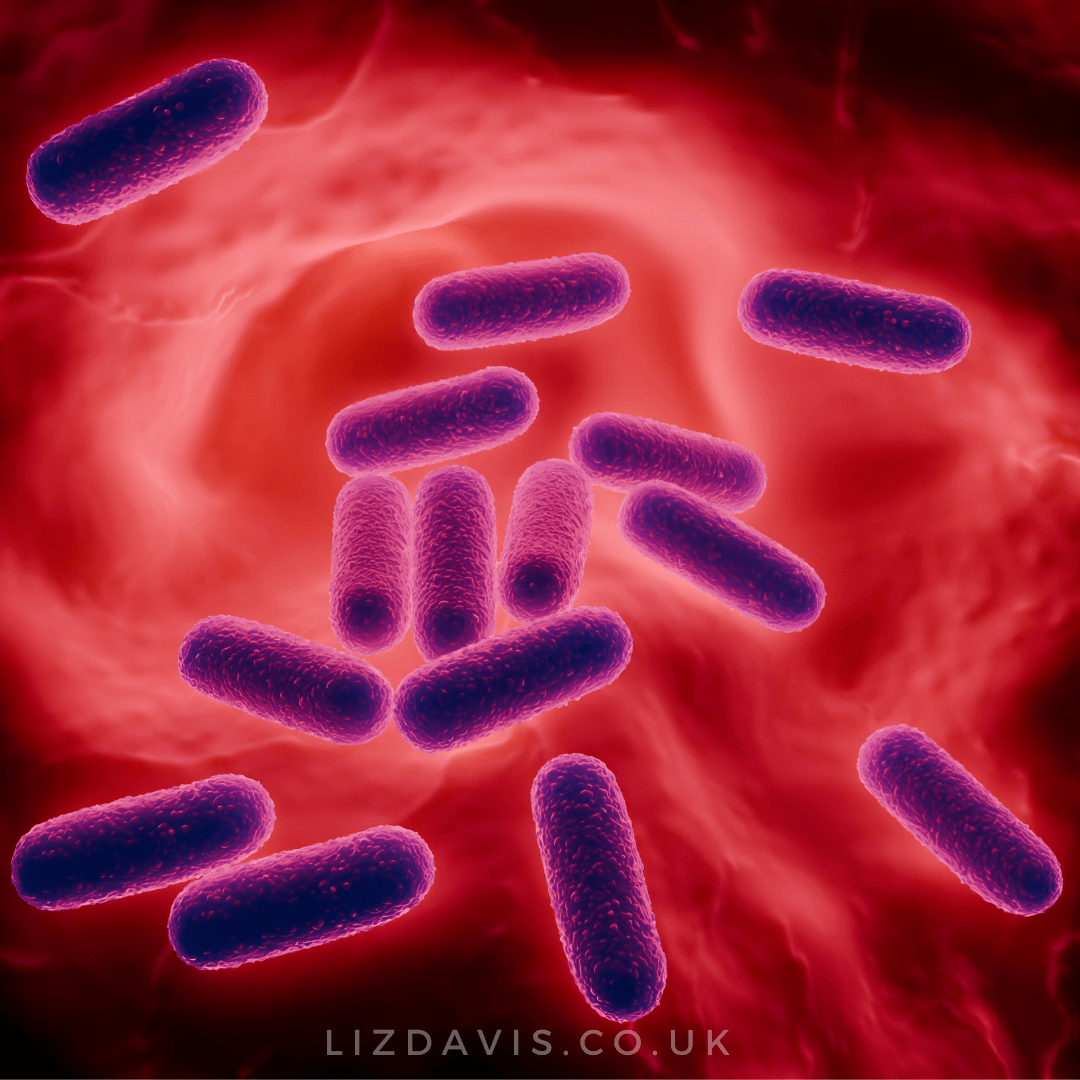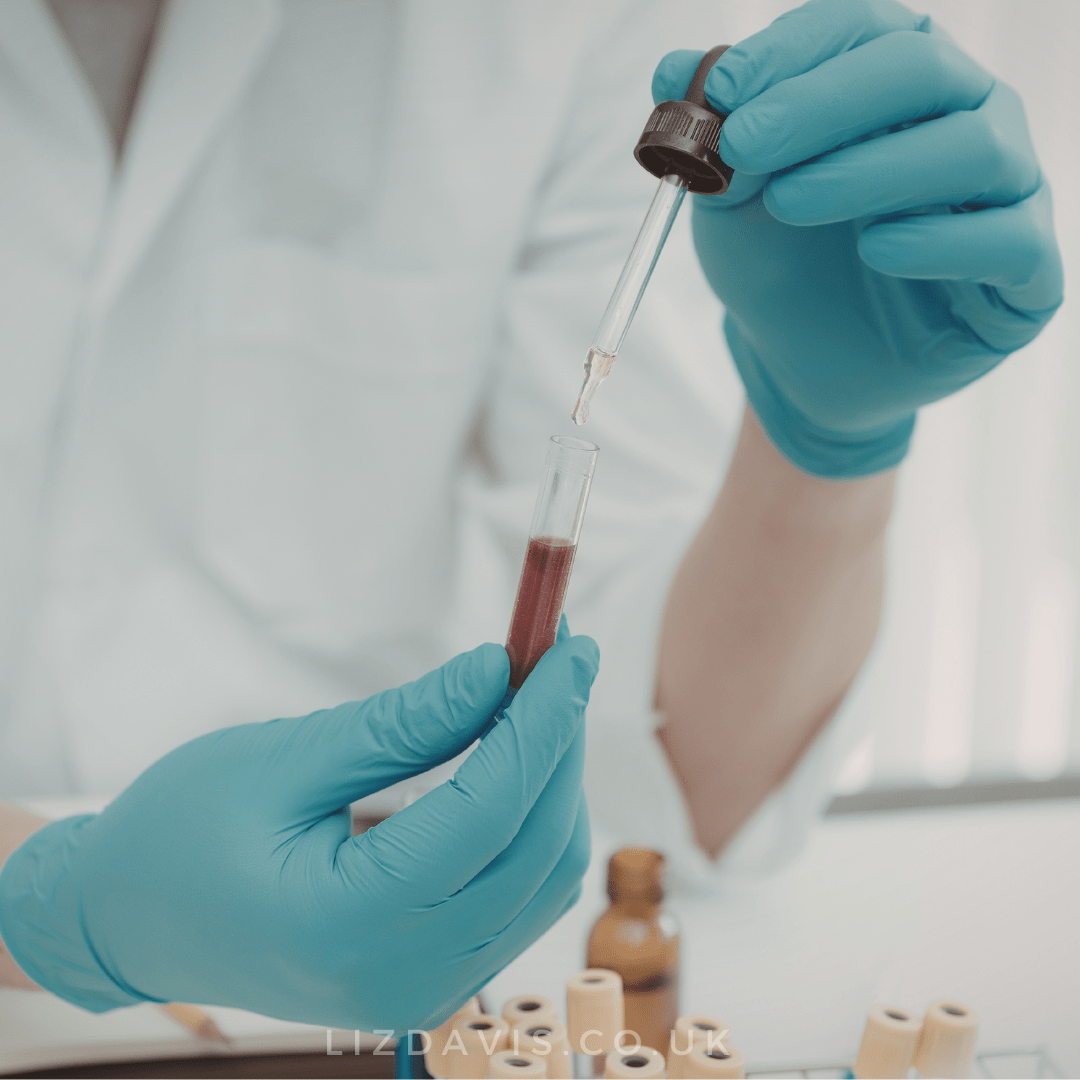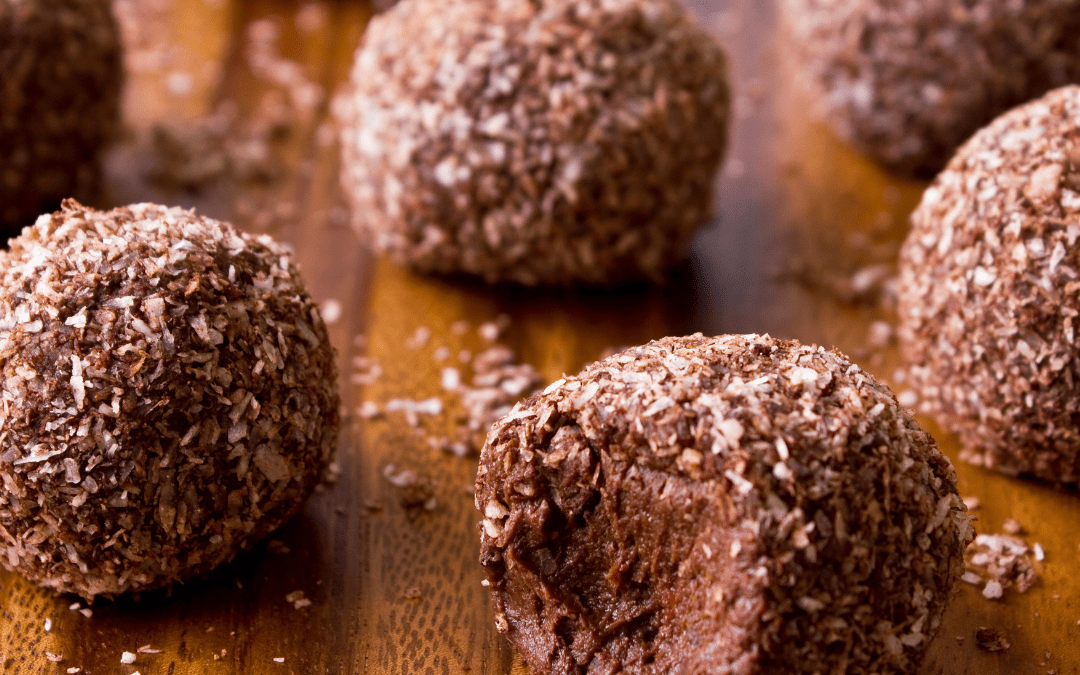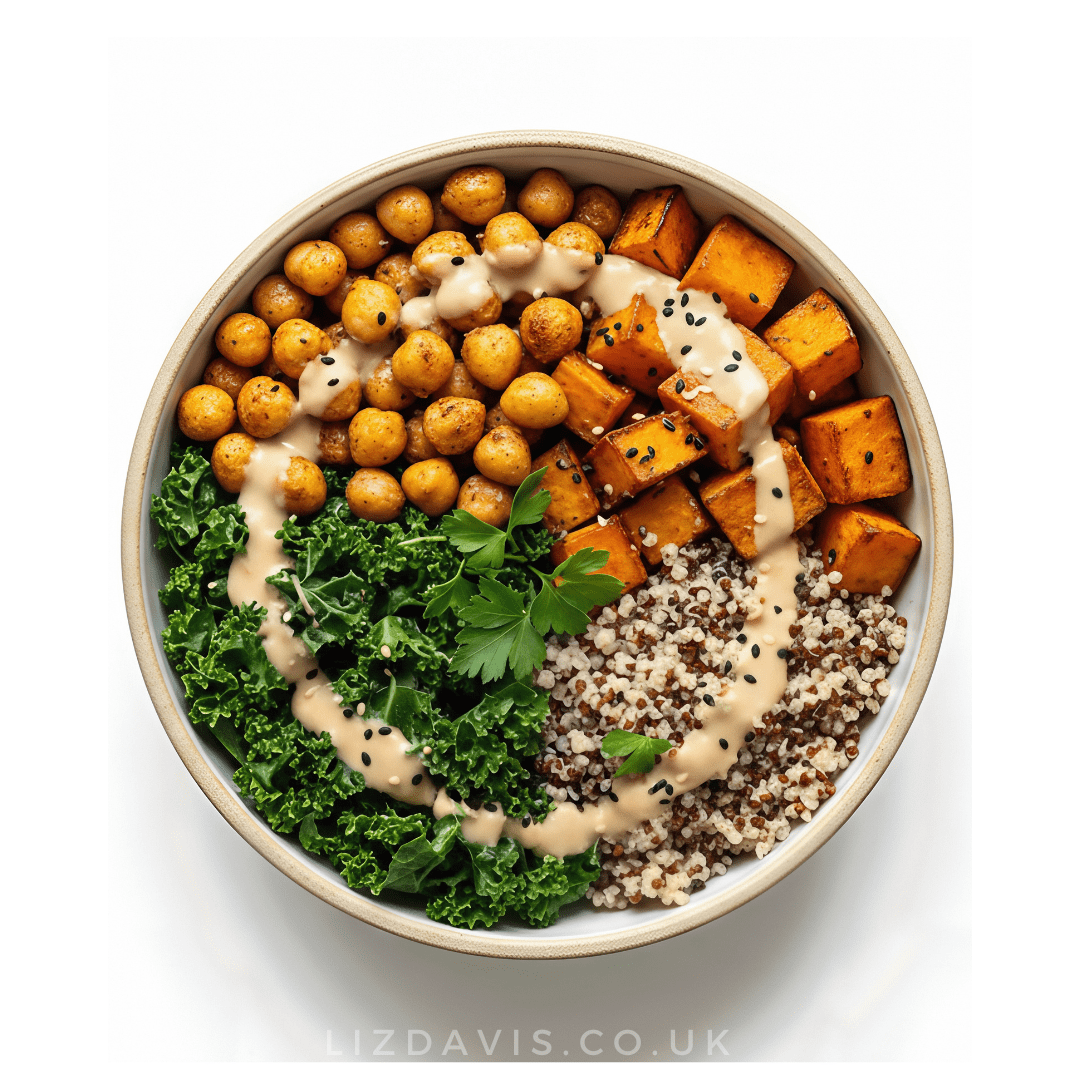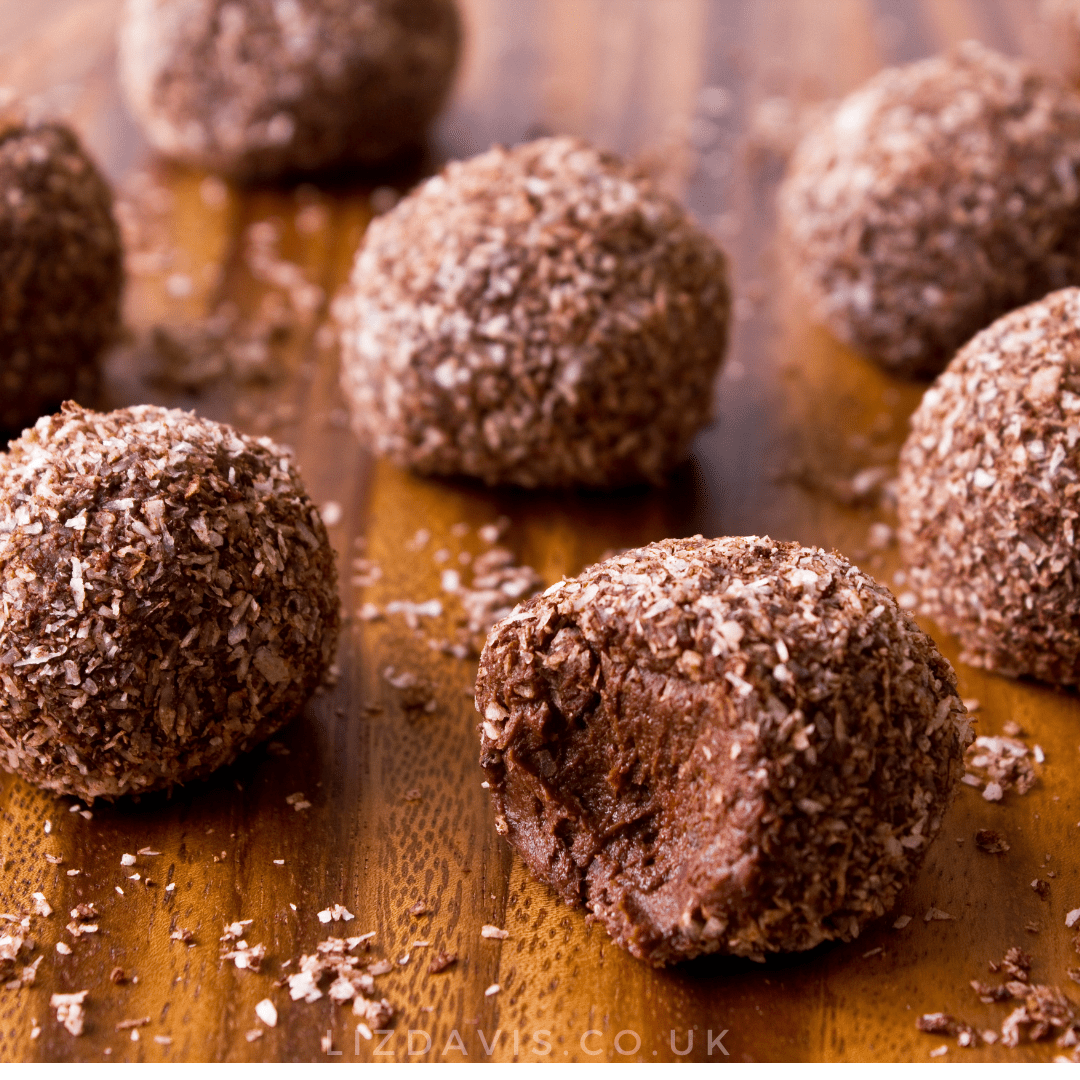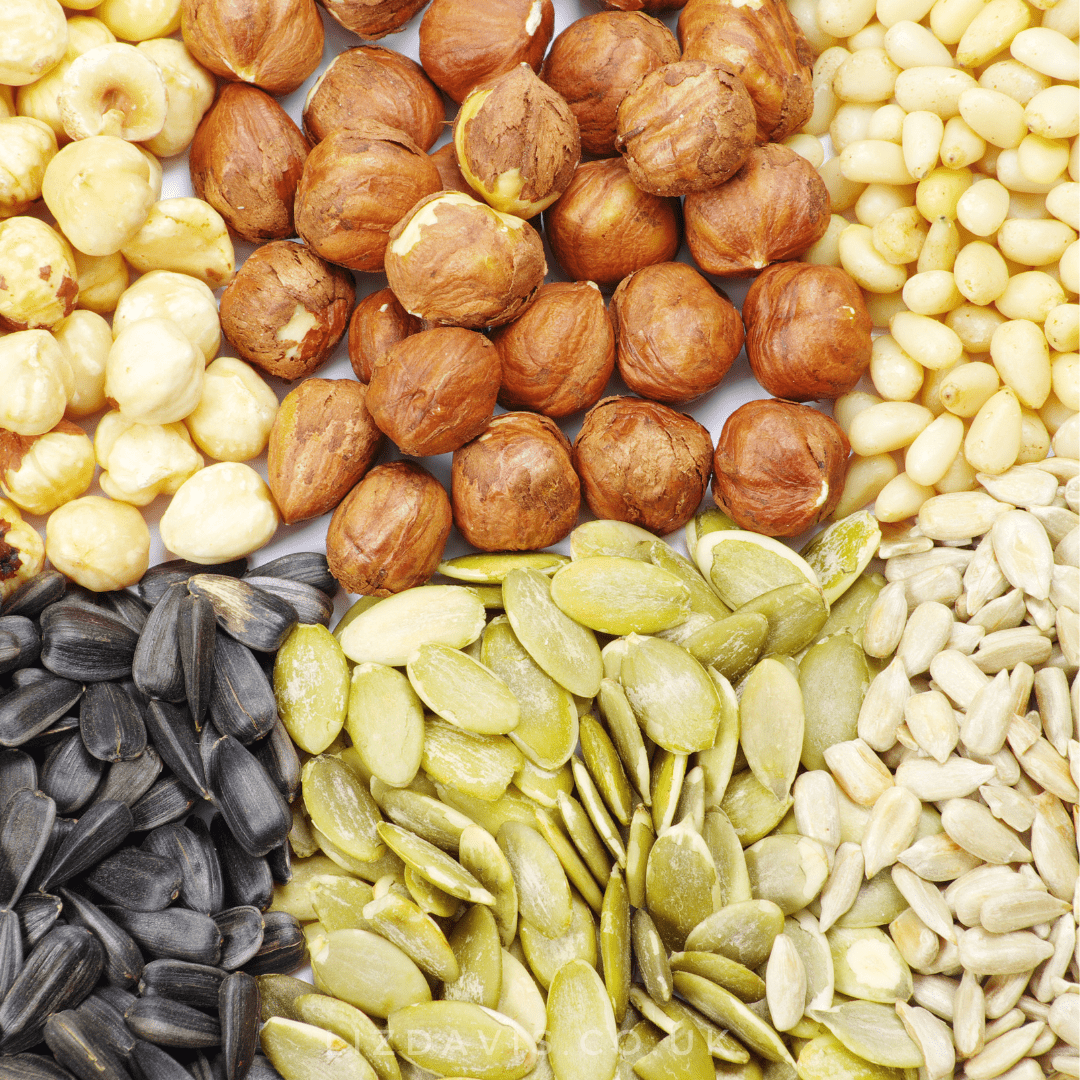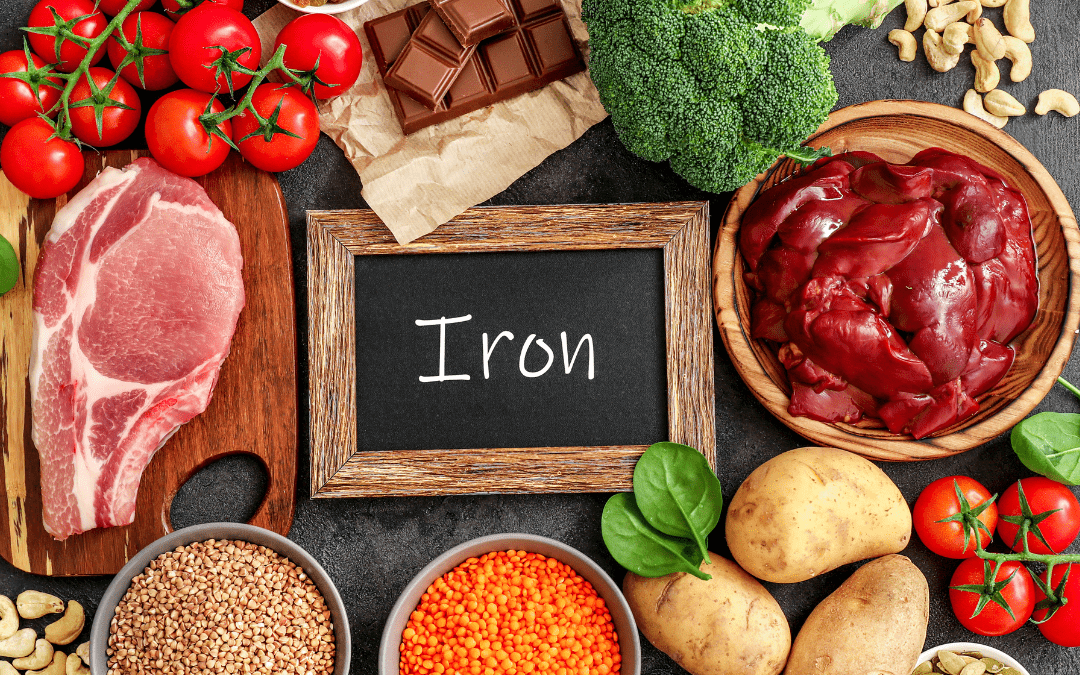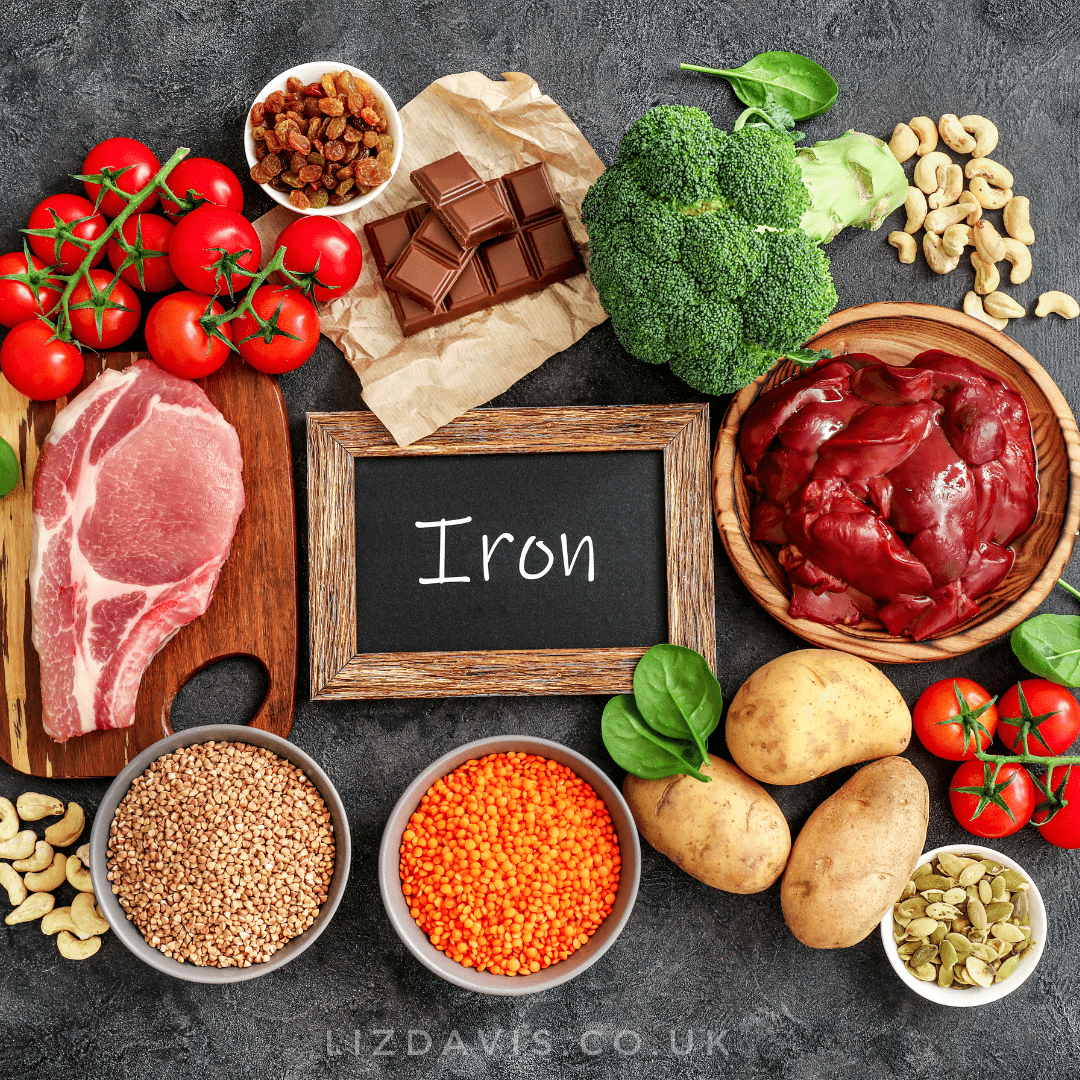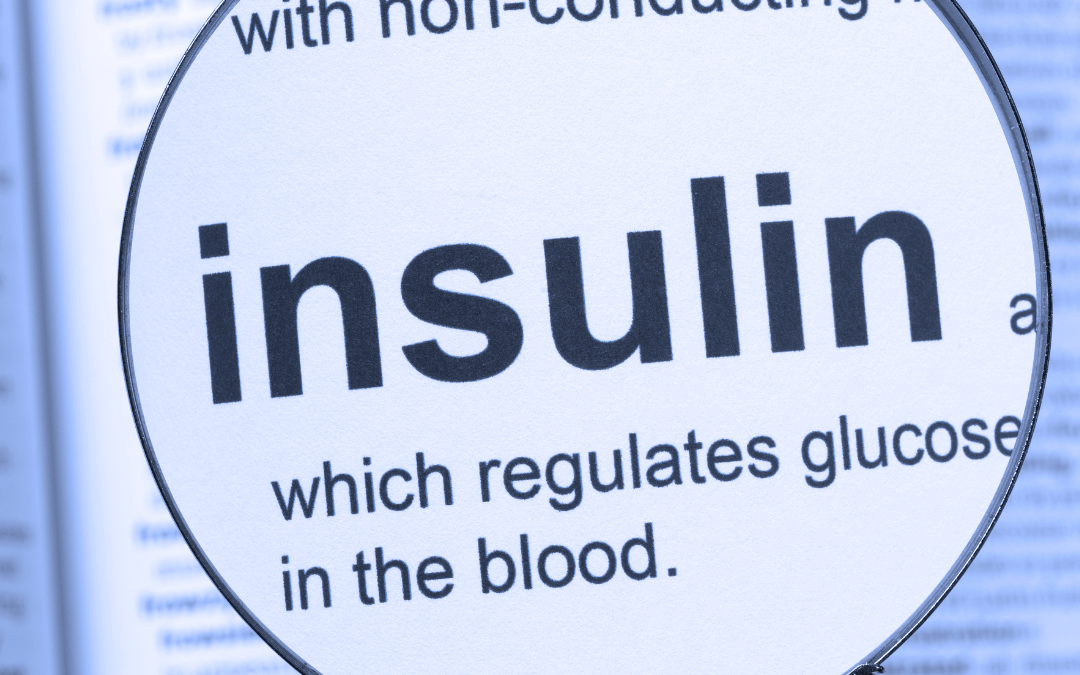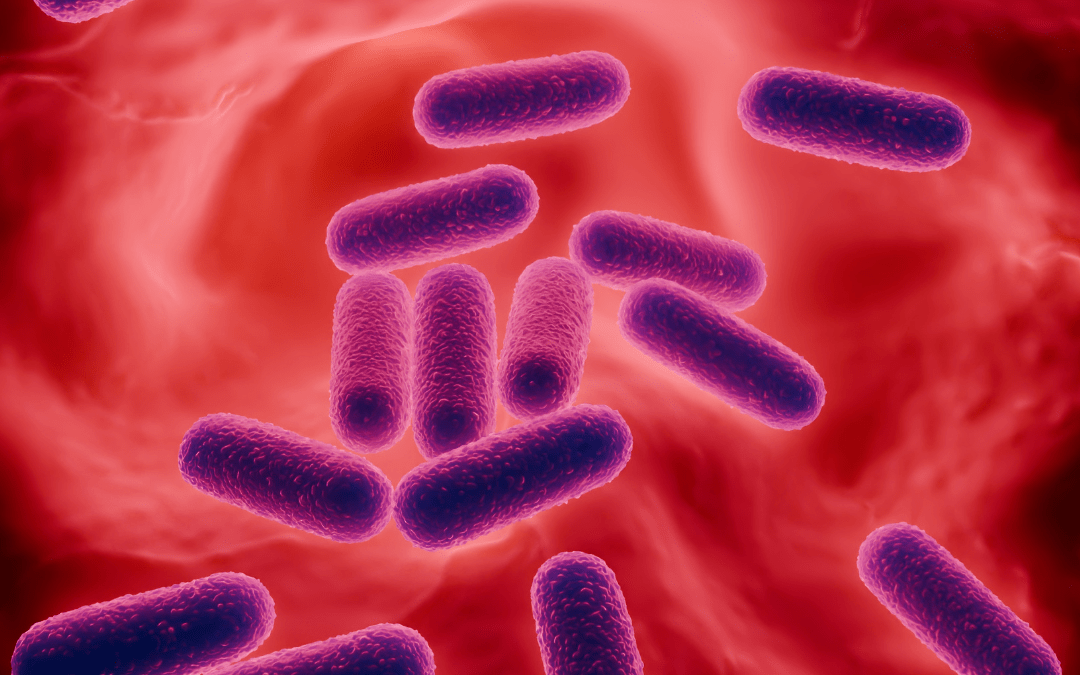
Postbiotics, Probiotics or Prebiotics?
Which is more important postbiotics, probiotics or prebiotics? By now most people have heard of probiotics and the role they play in digestive health. But what about prebiotics… and now postbiotics?
Are they all necessary? Is one more important than the others? And should you be supplementing?
Let’s break it down.
First Things First: What’s the Difference?
Probiotics
Probiotics are beneficial microorganisms that live primarily in the large intestine. They support:
-
Immune resilience
-
Mood regulation (yes — via the gut-brain axis)
-
Digestion and nutrient absorption
-
Hormone balance
-
Protection against harmful microbes
They’re busy little things.
Prebiotics
Prebiotics are the fuel that probiotics need to survive and thrive.
They are specific types of fibre that pass through the small intestine undigested and reach the large intestine intact. There, they are fermented by beneficial bacteria — allowing them to multiply and function optimally.
Without prebiotics, your probiotics struggle.
And Now… Postbiotics
Postbiotics are the bioactive compounds produced when probiotics ferment prebiotic fibre.
In simple terms:
-
Probiotics = the beneficial bacteria
-
Prebiotics = the food for the bacteria
-
Postbiotics = the beneficial compounds the bacteria produce
Postbiotics include substances such as short-chain fatty acids (like butyrate), enzymes and antimicrobial compounds — and these are responsible for many of the anti-inflammatory and immune-supportive effects we associate with good gut health.
So really, all three matter.
Why Prebiotics Deserve More Attention
Prebiotics are still underrepresented in the typical Western diet. When we don’t eat enough diverse fibre, our beneficial bacteria don’t get properly nourished.
Over time this may contribute to:
-
Indigestion and bloating
-
Poor immune resilience
-
Weight gain
-
Increased inflammation
If you want robust gut health, feeding your microbes is non-negotiable.
Natural Sources of Prebiotics
Prebiotic fibres include:
-
Fructooligosaccharides (FOS)
-
Inulin
-
Galactooligosaccharides (GOS)
You’ll find these naturally in foods such as:
-
Leeks
-
Onions
-
Garlic
-
Chicory
Use onions as a base for soups, stews and curries. Add leeks — they soften beautifully and almost disappear into dishes. Be generous with garlic. Add chicory to salads.
Variety is key.
If you’re serious about supporting your gut health, my online course, The Ultimate Gut Health Programme, is the perfect next step. It’s designed to help you calm your digestive system, avoid common triggers, and still enjoy delicious, satisfying meals.
This blog is just the tip of the iceberg — the course goes much deeper, giving you everything you need to truly soothe your gut, feel lighter, and reclaim your digestive comfort.
👉 Click here to get instant access and start feeling the difference today!
Can You Supplement Postbiotics?
Yes — they are available in some health stores, often labelled as:
-
Sodium butyrate
-
Calcium butyrate
-
Dried yeast fermentate
However, the most natural way to increase postbiotics is still by eating plenty of prebiotic fibre and including probiotic-rich foods in your diet.
Your body is designed to make them.
So… Should You Take Prebiotics or Probiotics?
Ideally, both.
Together they support:
-
Nutrient absorption
-
Mood stability
-
Immune balance
-
Microbial diversity
Prebiotics in particular help increase beneficial strains such as Lactobacillus and Bifidobacteria and improve overall diversity — which is a key marker of gut health.
Important Caveat: If You Have Ongoing Digestive Issues
This is crucial.
If you’re experiencing persistent bloating, discomfort, or unexplained digestive symptoms, don’t guess.
Adding prebiotic fibre or probiotics in the wrong situation can sometimes worsen symptoms.
You may be dealing with:
-
Dysbiosis (an imbalance of gut flora)
-
SIBO (microbes in the wrong place)
-
Inflammation, infection or parasites
-
Food intolerances
Testing first allows us to identify the root cause and design a targeted plan. Throwing supplements at the problem isn’t always the answer.
If your gut is functioning well, then yes — prebiotics and probiotics can be wonderful for maintenance, resilience, or travel support.
But if something feels off, investigate first.
If you would like to speak to me about any aspect of your gut health, then please use this link to book into my diary for a FREE 30 minute chat so I can find out more about what is going on for you. Alternatively please use the ‘Learn More’ link below.
Free Mini Programme
Would You Like to Learn How to Fix Your Digestive Symptoms, Beat the Bloat and Feel Amazing?
1:1 Coaching Plans
Get Ready to Permanently Beat the Bloat, Soothe Your Digestion and Feel Amazing
Ultimate Gut Health Programme
Delicious, Filling & Inspiring ways to Become Symptom-Free, Soothe Your Gut and Enjoy Your Food Again!


